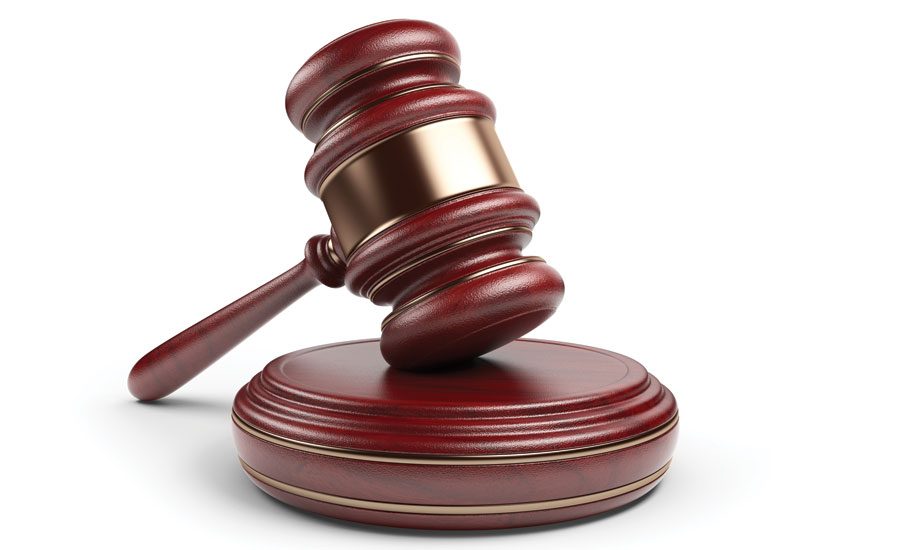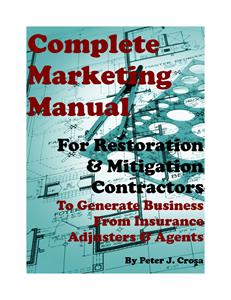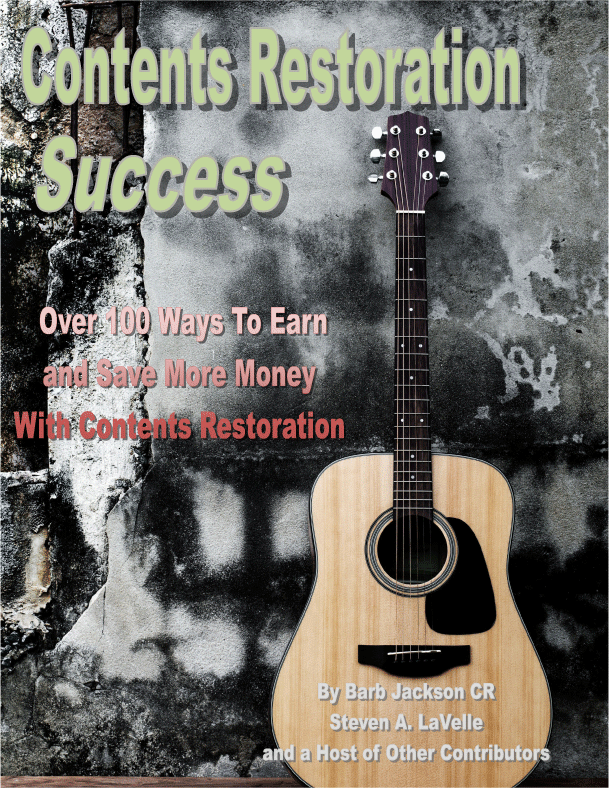Arbitration 101: Is it Right for Your Restoration Company?




Conflict is not always avoidable. Inevitably, many companies will find their way into a courtroom, whether chasing payment, in a dispute with a former employee or business partner, or for any number of other reasons. Though considered by some to be a better forum for resolving disputes, many business owners have not considered or misunderstand arbitration as an alternative to traditional lawsuits. The following is a brief guide that any business may use to consider whether arbitration is preferable to “a day in court.”
What is Arbitration?
Arbitration is an alternative dispute-resolution process. Disputing parties present their claims, have an opportunity to respond to allegations against them, present evidence and testimony, and have their dispute decided by an independent third party. Instead of a judge or jury, disputes in arbitration are presented to and decided by private, third-party neutrals (i.e. arbitrators). Arbitrations are usually held in less-formal settings – the arbitrator’s conference room or a public facility, for example. Some disputes may be arbitrated exclusively through written submissions without the necessity of a hearing. The procedures for arbitration are dependent upon the arbitration organization or rules the parties agree to use. Both the arbitration process and decisions of arbitrators are recognized and enforced by U.S. federal, state, and international law.
What Types of Disputes Can be Arbitrated?
Individuals and businesses cannot be compelled to arbitrate disputes they did not agree to submit to arbitration. Whether a party is bound to arbitrate depends upon the existence and scope of an arbitration agreement. Arbitration agreements are now commonly written into almost every type of contract – construction contracts, employment agreements, bylaws and other corporate governing documents, and more. Even if parties do not agree to arbitrate in advance, they may do so once a dispute arises. Both commercial and consumer disputes may be arbitrated, and almost all types of claims can be resolved through arbitration.
Who are Arbitrators and How are They Selected?
An arbitrator must be impartial. The process only works if the neutral is independent and his or her judgment is not affected by prior allegiance or influence by one of the parties.
Disputes can decided by a single arbitrator or a panel of multiple arbitrators. Many arbitration organizations allow parties to select arbitrators from a list of neutrals whose qualifications meet the needs of the case. For example, engineers or experienced contractors may be available to serve as arbitrators in construction disputes. Lawyers and retired judges often serve as arbitrators, but it is not a prerequisite. And if a legal professional does serve, he or she likely practices in the field of law applicable to the dispute. Part of the allure of arbitration is that professionals experienced in the industry or issue in dispute will likely decide the outcome of the case.
Some arbitration rules provide for the selection of an arbitrator by mutual agreement or through pre-designation at the time the parties’ contract is signed. Others allow each claimant to designate their own neutral arbitrator and a third neutral is then selected to preside over the panel.
How is a Case Arbitrated?
Once a dispute is submitted and the arbitrator(s) selected, there usually is a preliminary conference call to discuss discovery, scheduling, and other case-management issues. The exchange of information and preparation for cases is handled by the parties or their lawyers.
Arbitrator involvement is usually limited to resolving interim disagreements, receiving status updates, or providing direction to the parties to ensure the process is on track. If the applicable rules require a hearing, the arbitrator(s) receives the evidence and listens to witness testimony. If the parties have agreed to resolve their dispute on written submissions only, documentary evidence, affidavits, and written explanations are delivered to the arbitrator. After considering all evidence, the arbitrator or panel renders a decision in the form of a written “award.”
If it is necessary to enforce an award (i.e. collect money from a party, compel a party to act as directed by the arbitrator in his or her award, etc.), a party must confirm the award in court through an expedited procedure. Once confirmed, an arbitration award is converted into a judgment and is just as enforceable as one entered by a court following a trial.
Pros & Cons of Arbitration
- A neutral experienced in the parties’ industry or dispute will likely be chosen as arbitrator. But it isn’t guaranteed.
- Some critics question the objectivity or fairness of arbitration, particularly in consumer cases. Because the “stronger” party to a contract may have the power to designate the arbitration organization or rules the parties will use, it may refer cases to a “friendly” trade association or other organization. But influence in an organization does not equate to influence over the third-party neutral selected to decide a case.
- The legal formalities of lawsuits are largely absent. Arbitrators and the parties have flexibility to control how they conduct hearings and other aspects of the dispute. Rules of evidence are relaxed – the focus is on understanding the parties’ story, not necessarily on procedurally how the story is presented.
- Discovery—the process by which parties obtain or exchange information—is limited. Depositions are not allowed in many cases. Often, discovery is limited to a simple document exchange. In larger cases, procedures exist for obtaining information from third parties. Even in arbitration, rouge participants can cause discovery to become unreasonable.
- Arbitration is intended to be less expensive than litigation and can be if handled properly. However, arbitrator compensation and arbitration fees may offset the cost savings of reduced discovery, lack of formalities, and other cost-reducing benefits of arbitration.
- Arbitrators often decide cases faster than courts. Many arbitration rules require disputes to be resolved in a specific amount of time—in some cases in less than a couple of months—and will not allow an arbitrator to preside over a case if he or she cannot satisfy the award deadline.
- Arbitration is private. This allows companies that want to protect their brands to stay out of the public eye and still resolve disputes. Although safeguards can enhance privacy efforts, arbitration it is not entirely confidential.
- Because arbitration is private and requirements to outline the reasoning of awards is minimal, some criticize the lack of transparency. Furthermore, arbitrations are final and offer limited ability to appeal.
Arbitration Options
There are a growing number of arbitration options. Most arbitration agreements identify a particular arbitration organization that will manage disputes. One of the most well-known organizations is the American Arbitration Association (AAA). The AAA has its own set of rules to govern disputes. More complex contracts may provide carefully crafted, unique rules that will govern the dispute-resolution process. Because arbitrator selection, the presentation of evidence and testimony, and other significant details are dictated by the arbitration organization and/or rules selected by the parties, it is extremely important to consider arbitration options carefully.
If your organization wants to use arbitration as a dispute-resolution alternative, contact your legal advisor about including a proper arbitration provision in your contract tailored to your business’s individual needs.
Looking for a reprint of this article?
From high-res PDFs to custom plaques, order your copy today!










